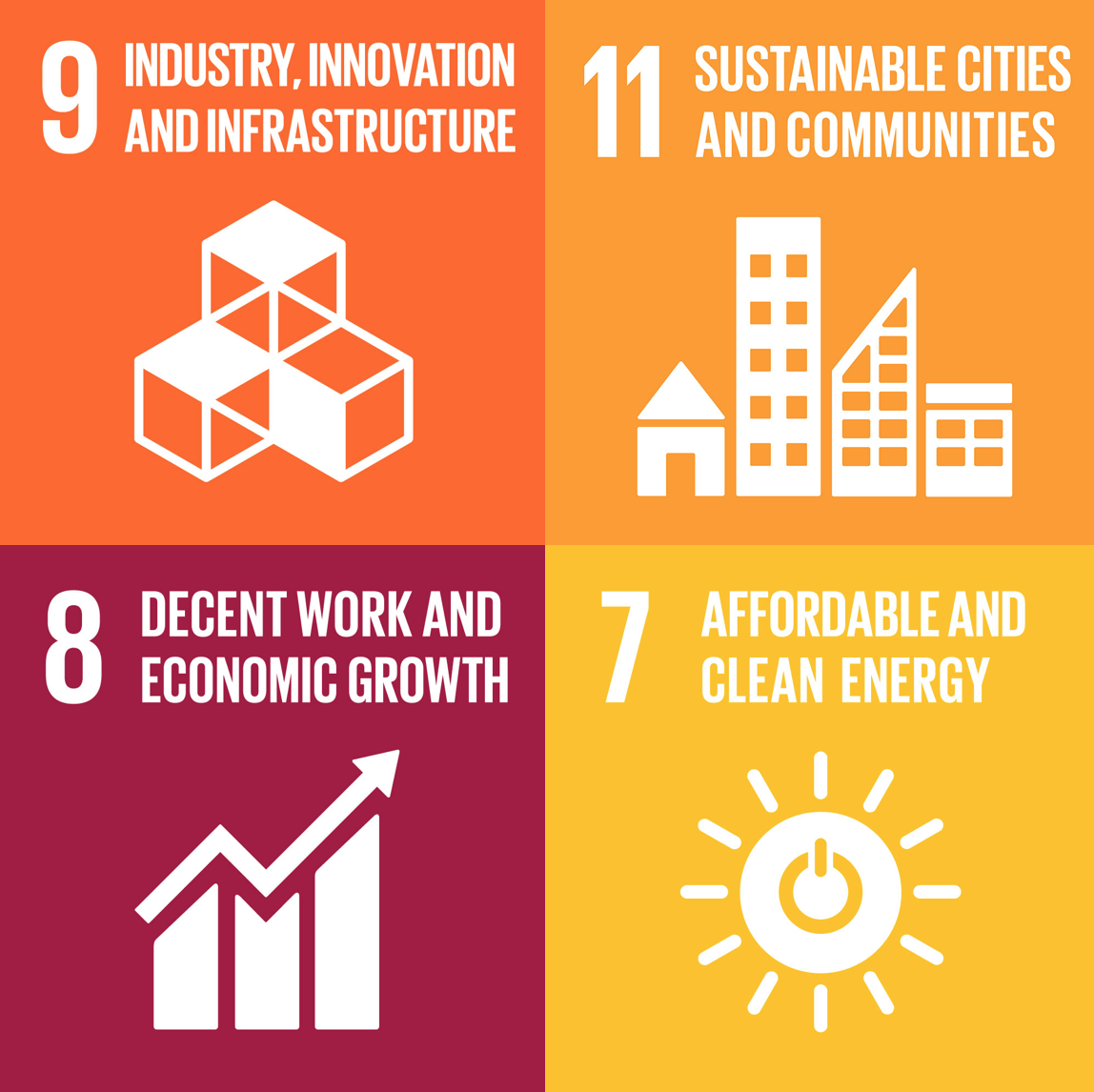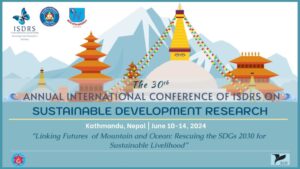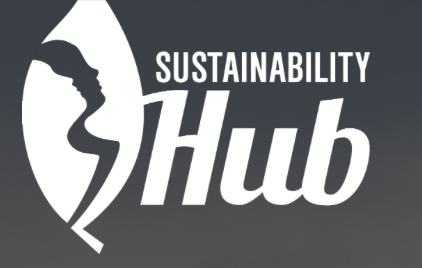Track description
Goals/objectives and Areas
This track focuses on advancing our knowledge of what makes communities, cities, and regions more resilient in the face of accelerating and interconnected shocks and stresses, from the COVID-19 pandemic to climate change. The concept of resilience is closely related to sustainability and integral to the Sustainable Development Goals, but it is not limited to environmental challenges. Resilience represents an interdisciplinary, holistic, and proactive approach for tackling interconnected and complex problems that cut across the urban-rural divide. The Resilience Alliance defines social-ecological resilience as a system’s ability to withstand change and still maintain the same functions and structures, to self-organize, and to learn and adapt. It is necessary to seek a balance between resilience as an attempt to maintain the status quo and transformative resilience, which seeks to avoid collapse through change. This regular and rhythmic dance between chaos and order, between stability and transformation is fundamental to complex adaptive systems.
Similarly, urban and regional resilience is not just the ability to withstand or bounce back from crises, but to proactively transform unsustainable and unjust systems and behaviors. It encompasses different actors, sectors, and systems across spatial and temporal scales. Human health and wellbeing must be at the heart of any effort to build urban or regional resilience, but balancing human demands with the resilience of the more-than-human opens the door to alternative perspectives on what constitutes resilient ‘outcomes’ and over what timeframe(s). This further complicates debates on the resilience of urban and regional systems and highlights the importance of interspecies and intergenerational justice. Today, COVID19 is changing the way we perceive urban spaces, how we live them, and thus the relationship between urban centers and surrounding regions. It is increasingly clear that urban resilience is not only an issue that concerns cities, but also entire regions.
The aim of the sessions in this track is to bring together the latest insights on what urban and regional resilience means in today’s world in crisis. We also aim to identify innovations that are enhancing communities’ resilience (broadly defined) in different urban areas or regions.
Examples of topics that would fit in this track include:
-
- - Strategies, plans, policies, and adaptation measures to enhance urban and regional resilience
- - Characteristics and metrics for urban and regional resilience
- - Methodological developments in studying urban and regional resilience
- - Synergies and tradeoffs in resilience strategies across different shocks and stresses, systems, or scales
- - Changes in people's perceptions and demands as a result of crises and shocks, and how this affects resilience priorities
- - Differing narratives of resilience and how this affects both policy and practice
- - Cases of regional resilience and lessons from applied experiences
- - Critiques of the SDGs in relation to urban and regional resilience
Recommended Sources:
- Look at the UN Sustainable Development Solutions Network on Sustainable Cities: Inclusive, Resilient, and Connected
Past Conference
ISDRS 2021
Short report on co-chaired 6b track sessions (with Regine Ortlepp and Janaina Macke, on 14 and 15 July 2021):
Papers presented in these session were quite interdisciplinary, introducing topics from various angles of sustainable cities and communities covering many regions from the Himalaya in India through Western to Central Europe. Researchers were mainly doctoral students – supported by their tutors - , presenting and testing their research work until now, ready for discussive reflections and comments both from the chairs and session participants. From a methodological point of view, some of them were dominantly quantitative research, e.g. a district-level analysis of the Indian Himalayan Region, assessing socio-economic and livelihood vulnerability relevant for climate adaptation or the heatwave vulnerability and sustainability assessment of Hungarian large cities. While others concentrated on the context-dependent nature of Sustainable Development Goals (SDGs) at the city level to deepen our understanding of the interconnectedness of targets and indicators of SDGs, or introduced us to the special field of Industrial Ecology (IE) with the help of field research in France. Having a future-oriented dimension, a group of researchers presented their research agenda on innovations from urban margins of the Southwestern bow of Stockholm, at the same time highlighting and raising such socio-economic problems and questions, which have been quite rare in the track, although extremely important (social isolation, marginalization, segregation, inequality, trust, belonging, security etc…).
Most related UN-SDGs

Who are we?
Leibniz Institute of Ecological Urban and Regional Development, Dresden
Faculty of Architecture, University of Lisbon
Department of Urban Planning and Design/Department of Sociology and Communication
Budapest University of Technology and Economics (BME), Hungary
https://www.urbanisztika.bme.hu/en/orban-annamaria-phd/
Next Conference: Track 6b
Keep up to date with developments of ISDRS 2024 Track 6b here
“Linking Futures of Mountain and Ocean: Rescuing the SDGs 2030 for Sustainable Livelihood“
Find useful essays, free books and articles, case studies and more at our partner's website:
LinkedIn Discussions
Partner Organisations
Possible partners:
- UN Sustainable Development Platform (https://sdgs.un.org/goals)
- UNEP Sustainable cities (https://www.unep.org/regions/asia-and-pacific/regional-initiatives/supporting-resource-efficiency/sustainable-cities)
- European Committee of Regions (https://cor.europa.eu/en)
- European Sustainable Cities Platform (https://sustainablecities.eu/home/)
- Local Governments for Sustainability (https://iclei-europe.org/)

